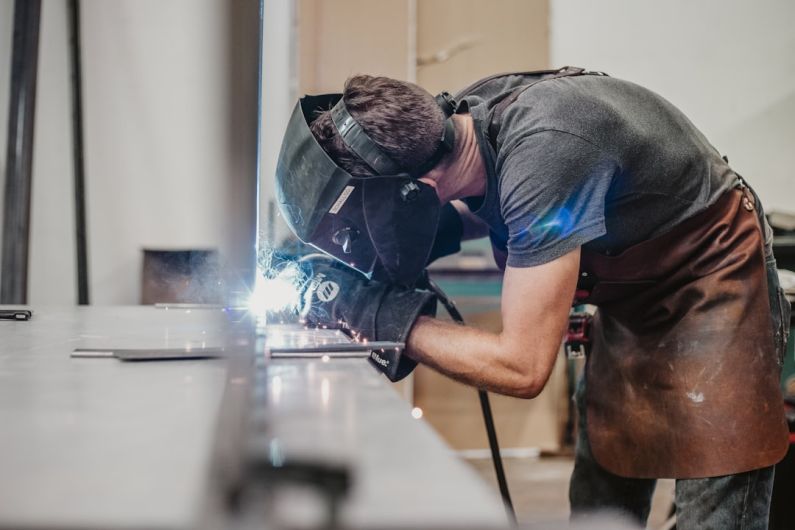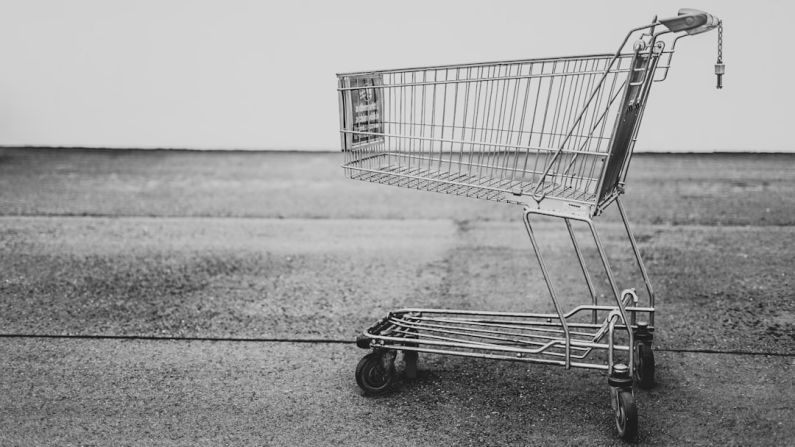How to Sharpen Your Kitchen Knives Like a Pro
Having sharp kitchen knives is essential for efficient and safe cooking. Dull knives not only make chopping and slicing tasks more difficult, but they can also increase the risk of accidents. To ensure your knives are always in top condition, it’s important to sharpen them regularly. In this article, we will guide you through the process of sharpening your kitchen knives like a pro.
Understanding the Basics of Knife Sharpening
Before diving into the actual sharpening process, it is crucial to understand the basics of knife sharpening. Knives become dull due to regular use, and sharpening helps to restore their sharpness by removing any burrs or imperfections on the blade’s edge. There are various methods and tools available for sharpening knives, including whetstones, honing rods, and electric sharpeners. Each method has its own advantages, so it’s important to choose the one that suits you best.
Choosing the Right Sharpening Method
Whetstones are a popular choice among professional chefs because they offer precise control over the sharpening process. To use a whetstone, soak it in water for about 10 minutes before placing it on a stable surface. Hold the knife at a 20-degree angle and move it across the stone in a sweeping motion, starting from the base of the blade and working towards the tip. Repeat this process on the other side of the blade until you achieve the desired sharpness.
Honing rods, also known as sharpening steels, are a quick and convenient option for maintaining the sharpness of your knives. To use a honing rod, hold it in your non-dominant hand and place the tip on a stable surface. Hold the knife at a 20-degree angle and swipe it across the rod, ensuring consistent pressure and maintaining the same angle throughout the process. Repeat this motion on the other side of the blade several times to realign the edge.
Electric sharpeners are a popular choice for those who want a hassle-free sharpening experience. These machines have built-in angle guides and abrasive belts that automatically sharpen the knife. Simply insert the knife into the designated slot and let the electric sharpener do its job. However, it’s important to note that electric sharpeners can remove a significant amount of metal from the blade, so use them sparingly to avoid shortening the lifespan of your knives.
Tips for Effective Knife Sharpening
Regardless of the method you choose, there are a few tips that can help you achieve the best results:
1. Always start with a clean knife: Before sharpening, make sure your knife is free from any food residue or debris. Clean the blade with warm water and mild soap, then dry it thoroughly.
2. Maintain a consistent angle: Consistency is key when sharpening knives. Use a sharpening guide or practice maintaining the correct angle to ensure even sharpening.
3. Use light pressure: Applying excessive pressure while sharpening can damage the knife. Instead, use light, controlled strokes to achieve the desired sharpness.
4. Test the sharpness: After sharpening, test the sharpness of your knife by gently slicing through a piece of paper. If the blade glides through without tearing the paper, it’s properly sharpened.
Taking Care of Your Sharpened Knives
Once you’ve sharpened your knives, it’s important to take good care of them to maintain their sharpness. Avoid using them on hard surfaces, such as glass or marble, as this can dull the blade. Instead, use a cutting board made of wood or plastic. Additionally, hand wash your knives with mild soap and water, and dry them immediately to prevent rusting.
In conclusion, sharpening your kitchen knives like a pro doesn’t have to be a daunting task. By understanding the basics of knife sharpening, choosing the right method, and following a few simple tips, you can ensure your knives are always sharp and ready for any culinary challenge. Remember to practice caution while sharpening and take proper care of your knives to prolong their lifespan. Happy sharpening!






